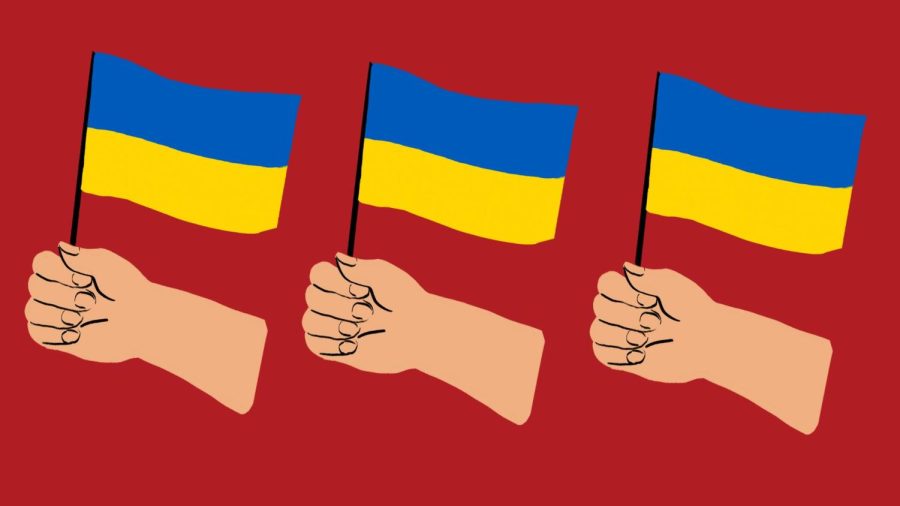Ukraine panel offers four perspectives on war
September 21, 2022
WKU hosted a panel regarding the war in Ukraine on Tuesday, offering four unique perspectives on the conflict: the Ukranian perspective, the European perspective, the United States perspective and the Russian perspective.
Each perspective was headed by a WKU professor. The panel began with a history lesson about Ukraine from professor Alex Lebedinsky, who moved to the United States from Ukraine.
Lebedinsky said he sent emails to around 100 professors at Moscow University about what could be done regarding the war. He said he received very few responses.
One response he received from a chemistry professor stated, “We will kill you ALL [Ukranians].. It might take years. Slowly. Meter by meter. Until there is zero left.”
Professor Marko Dumančić shared the Russian perspective. The panel touched on the Ukrainian citizens’ wills versus the will of Russian citizens.
One takeaway from the discussion is that Russian citizens may feel passionately about the war, but they are not signing up to fight. In contrast, Ukrainian citizens are coming together to fight the Russian army and support their own troops.
Professor Louis Rouanet shared the European perspective. As an economist, he focused on that particular point of view and brought up the sanctions placed onto Russia.
“We shouldn’t see the appreciation of the ruble as a bad thing, but actually as a sign that sanctions are working,” Rouanet said.
The European perspective led into the United States’ perspective. Adjunct professor Kevin Modlin discussed the potential of Russia escalating the war with chemical weapons.
Modlin said it is unlikely, but Russian President Vladimir Putin famously hates to lose. Any form of surrender will be seen as a loss to him.
The question portion of the panel opened up the topic of Putin’s succession.
“It’s impossible for him to plan his succession, because the moment he does this he is pretty much dead,” Rouanet said.
According to Rouanet, historically, leaders of authoritarian societies who name their successors are often soon murdered or “disappeared” by them.
Rouanet also touched on how Russia is using history as a weapon by painting Ukraine as “rightfully theirs” due to the fact that Russia formerly occupied the land.
The panel concluded with a conversation about Ukrainian resiliency, and the way Ukraine’s citizens have come together as a society in a way that Russian citizens have not.
“I know that people volunteer to make winter clothing for Ukrainian soldiers,” Lebedinsky said.
News reporter B Turner can be reached at [email protected].
























